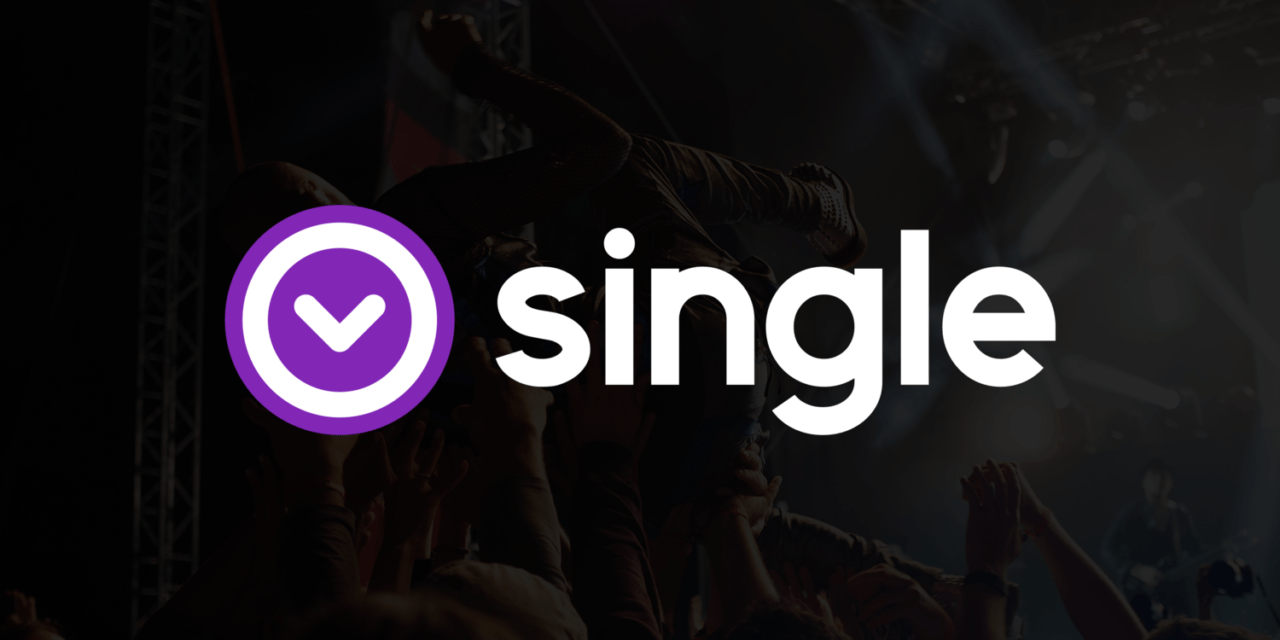Single Music, which was founded with the goal of increasing an artist’s awareness and revenue through a practical, direct-to-fan model via the creator’s Shopify store, pivoted at the beginning of the pandemic to facilitate livestreams and digital/physical merch bundles directly on many major artist’s websites — all white-labeled. Since then they’ve sold nearly a million tickets and accumulated more than $22 million in revenue for those artists and their teams.
Single is announcing that they have opened up their video streaming technology (and its monetization capabilities) to all of Shopify’s 1.7 million online stores.
That means comics, athletes, personalities and YouTube stars can all have the same access to ticketed event premiers and merch bundles, as well as on-demand video rentals, as Def Leppard, Korn, Young the Giant, and The Smashing Pumpkins (all bands Single has worked with in the past year). Creators of all kinds can direct fans straight to their own website and be their own self-service video platform. Imagine how much revenue that is going to generate, and quickly.
Visit their website HERE
We Spoke with CEO Tommy Stalknecht about all of the above and beyond!
Tell us about this project and why it exists
Simply put, we believe it’s time for artists and creators to stop giving away their content, and a share of their revenue generated from it to third-party platforms! Our monetized video tool allows people to sell access to video content directly in their storefront, which fits in our larger mission to promote the use of direct-to-fan sales on a platform where artists control the experience and own their own data after the fact.
What do you think makes Single Music different from its competitors?
Single is artist-first, not platform-first. Our competitors in the space are focused on growing their platforms, while we are focused on helping artists grow their careers. We are a white-labeled service that exists behind the scenes in artist and label storefronts. The world is moving away from quasi-owned “store pages” on a 3rd party platform or “rented” social media audiences. Instead, artists should focus on building audiences on platforms they control, and Single + Shopify provides exactly that.
What is Single Music’s mission in one sentence or less?
To help artists maximize their reach and revenue by bringing all the pieces of their online business home to where it belongs — their own storefront.
What are your future plans and goals?
The release of this tool is an important stepping stone for us to explore whole new creative (and creator) cohorts. Music has been our bread and butter and will continue to be central to our business, but our toolset now has the capability to help creators of all kinds (and all industries) enjoy the same kinds of results as our long-time music clients.
Tell us about your personal journey as an entrepreneur
I’ve always been a very independent person and not a fan of doing things a certain way because “that’s how it’s always been done.” That’s ultimately the only way Single would have started in the first place since we have upended several existing (often predatory) business models. It’s part – “this seems really stupid that things are done this way” and part not having worked inside the label/manegment system – which can result in keeping the status quo. I’ve always been on the periphery of the industry even though I’ve worked on hundreds of major campaigns behind-the-scenes. It’s where I’d rather be anyway and it helps me stay focused on trying to solve problems rather than promoting myself.
Do you remember the day you decided to start Single Music? What were you feeling and how do you remember it?
I remember it vividly. It was something I was kicking around in my head for some time while working for my last “real job” at a digital agency here in Nashville. One night I just decided to text one of my best friends who was also a very talented musician and software engineer with this idea of “bundle music w/ merch and chart reporting” to this thing called Shopify that seemed to be growing rapidly. While I knew the company I was working for had recently migrated to the platform, it wasn’t part of my day-to-day. I guess it was a hunch.





